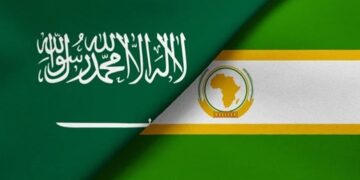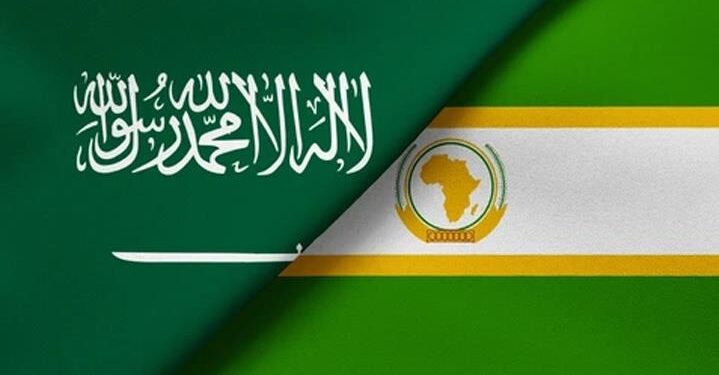By John Ikani
The New Africa Summit, held in Riyadh on Monday, spotlighted electricity, minerals, and the continent’s youthful population just ahead of Saudi Arabia’s Future Investment Initiative (FII). Key figures from the business and political spheres convened to discuss collaborative strategies to address Africa’s pressing investment and development challenges.
Tony Elumelu, the chairman of the United Bank for Africa, highlighted the parallels between the obstacles facing Africa and those encountered by startups in Saudi Arabia. With Africa boasting a median age of merely 19, the continent grapples with inadequate infrastructure and limited resources, which hinder the growth of businesses. “The lack of support for emerging enterprises and insufficient electricity are ‘killing business’ in Africa,” he stated.
Saudi Arabia’s Minister of Investment, Khalid al-Falih, pointed to Africa’s capacity to emerge as a vital resource provider for the Gulf and neighboring regions. He described the continent as a potential “breadbasket,” emphasizing its importance for essential resources. “Minerals will become the new driving force for the next phase of economic growth,” al-Falih asserted. He added, “We aim to collaborate with Africa to generate investment opportunities, and Africa must also play an active role in its development.”
Al-Falih stressed that for Africa to achieve sustainable growth, enhancements in governance, transparency, and technology adoption are crucial. Drawing from his country’s experience, he noted, “Saudi Arabia transformed from a laggard to a leader in technology.”
In recent years, Gulf nations have ramped up their investments in technology. Recently, the UAE and Saudi Arabia gained U.S. approval to import cutting-edge Nvidia chips for AI model training. Additionally, significant investments are flowing into Africa, with Abu Dhabi’s G42 and Microsoft committing $1 billion to establish a data center and AI lab in Kenya.



































